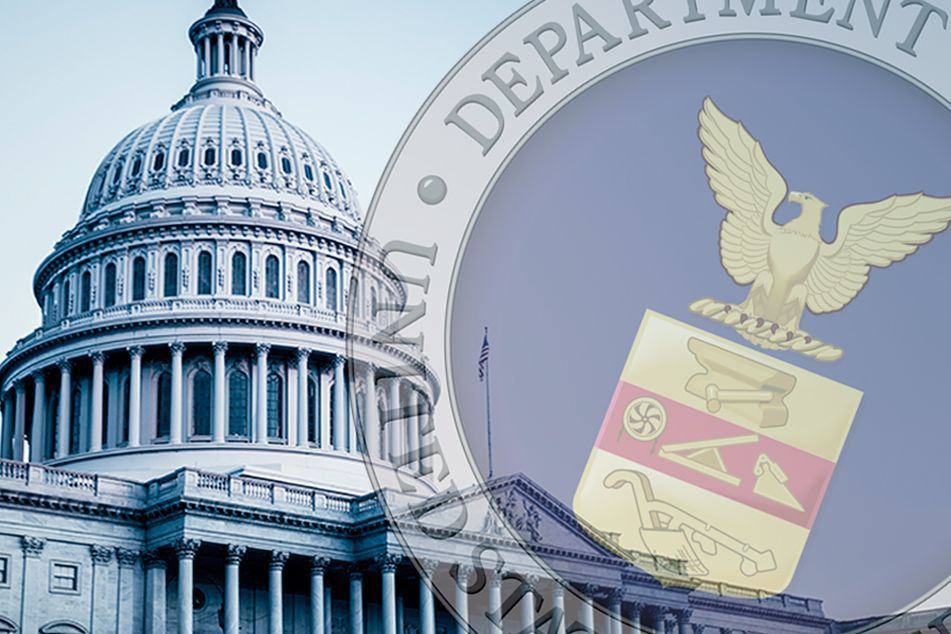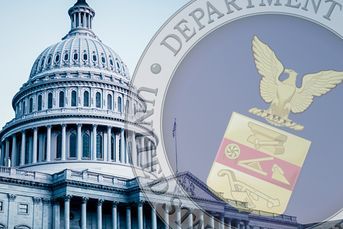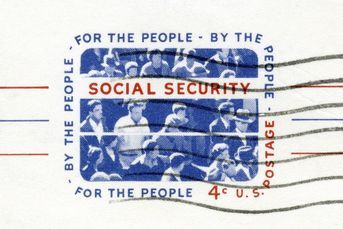New DOL advice rule must factor in reality of aging investors

More than any other client segment, older people rely on advisers to be their honest guide
The responsibility ahead for Eugene Scalia, President Donald J. Trump’s nominee for labor secretary, should he be confirmed, is enormous. No less than the well-being of Americans in retirement rests on the decisions his agency has before it.
The DOL chose not to defend its fiduciary rule for retirement advice after it was vacated in a split decision by a panel of the 5th U.S. Circuit Court of Appeals last year. Mr. Scalia was the counsel for the financial industry’s lawsuit challenging the rule that resulted in that decision.
Under former Secretary of Labor Alexander Acosta, the department’s regulatory agenda included the proposal of a revised rule by the end of this year. Mr. Acosta indicated that the next iteration would be fashioned around Regulation Best Interest — a part of the Securities and Exchange Commission’s advice-reform package designed to raise broker standards.
But sometimes the magnitude of what’s at stake for the average investor in these decisions on how high the standards for financial professionals should be gets lost amid concerns about how any changes might impinge on financial professionals themselves, and their firms.
Despite Mr. Scalia’s efforts as counsel for the financial industry, as labor secretary he would be stepping into a new role as public servant to the American people. Mr. Scalia must appreciate the gravity of his decisions on advice reform, given the reality that most investors do not have adequate financial knowledge to evaluate for themselves whether they’d be better off with one investment product versus another, one account or another, one adviser or another. They often don’t understand what they’re paying for investment products or services, and about comparable options that would preserve more of the money they’ve worked a lifetime to accumulate.
We’re not talking about protection from outright fraud here, we’re talking about the slivers off the top — excessive fees that eat away at a critical sum of money.
The importance of the relationship between financial advisers and their clients gets magnified as lifespans grow longer.
A study by financial planning professors Michael Finke, Sandra Huston and John Howe found financial literacy drops after age 60 by about 1.5 percentage points per year, while a person’s confidence in their knowledge remains steady, and in some cases increases. This incongruity is exacerbated as the years pass. Add to this the fact that advisory clients tend to be wealthier than most, and that wealthier people live longer on average, and longevity becomes an even more important factor.
Older people especially rely on financial advisers to be their honest guide. Given the high stakes of their situation, they must have a financial adviser who puts their best interests first — not second, or even tied for first with the firm’s.
Concerns while crafting a revised DOL fiduciary rule about investors having a “choice” of financial advice service models shouldn’t overshadow the more critical needs of investors. As clients age, they are less able to distinguish what is in their best interest. Whether they choose to work with a broker or investment adviser, everyone needs a relationship anchored by a true duty of care and loyalty. Anything less chips away at Americans’ ability to retire with financial security and dignity.
Learn more about reprints and licensing for this article.








